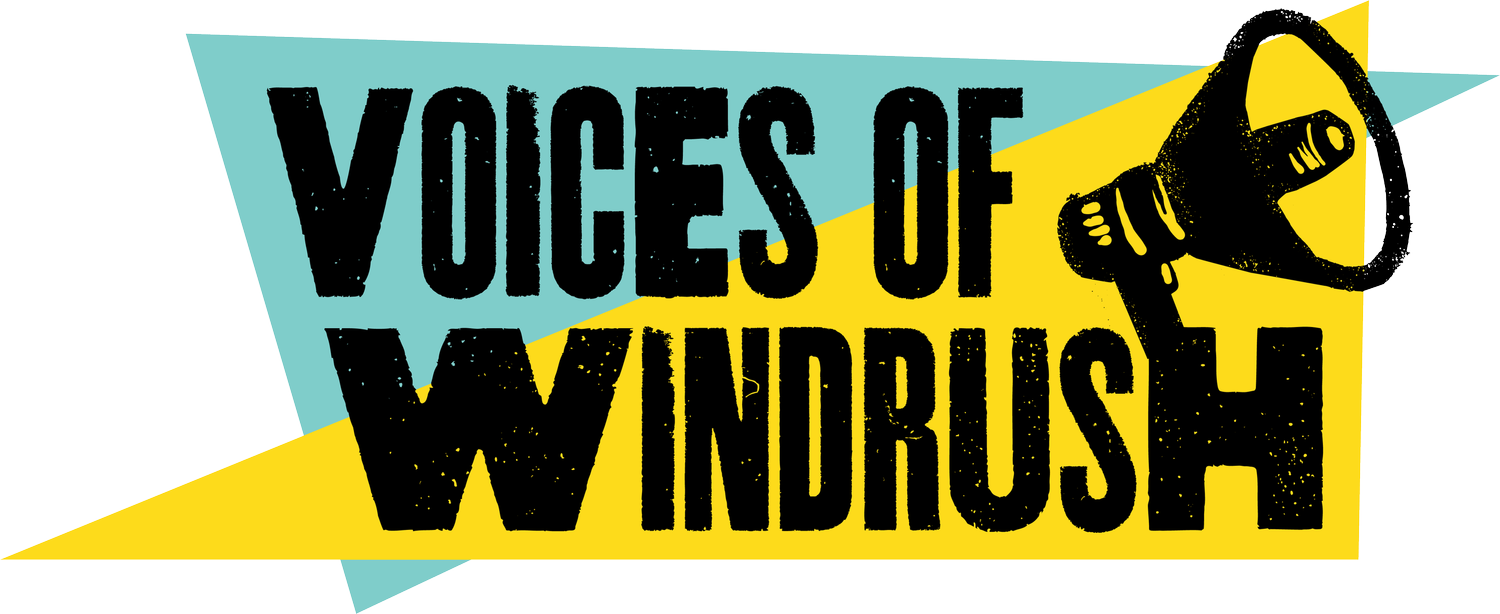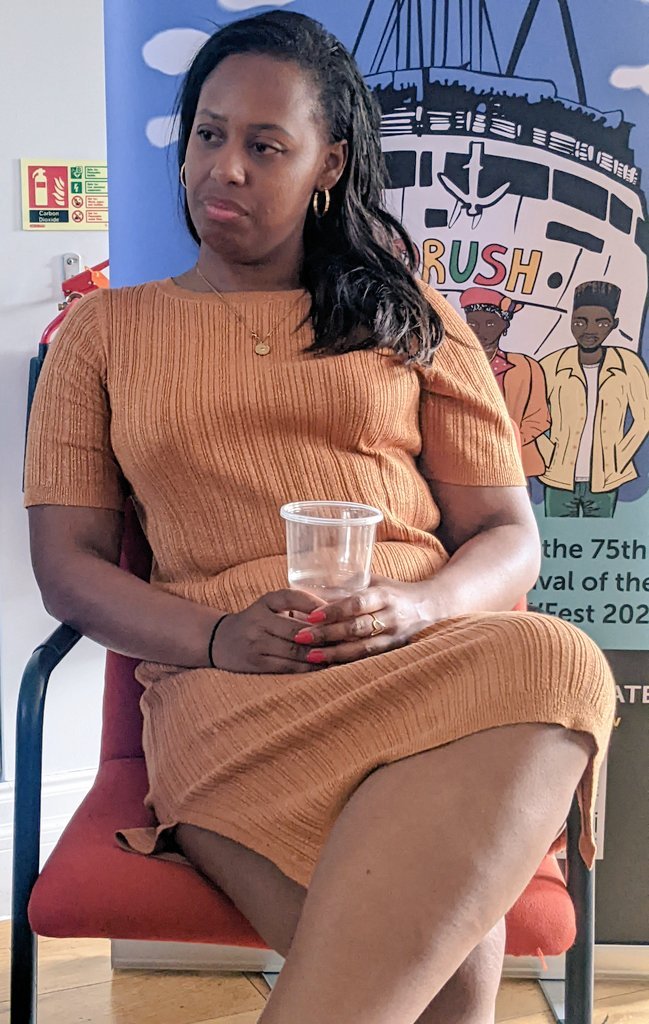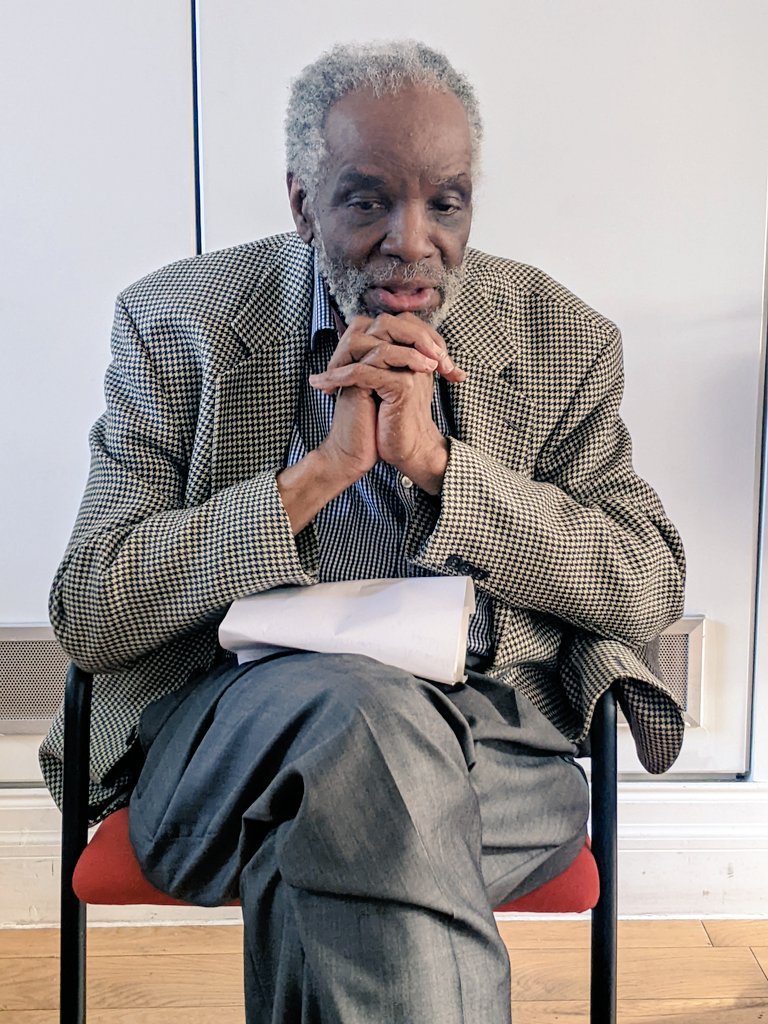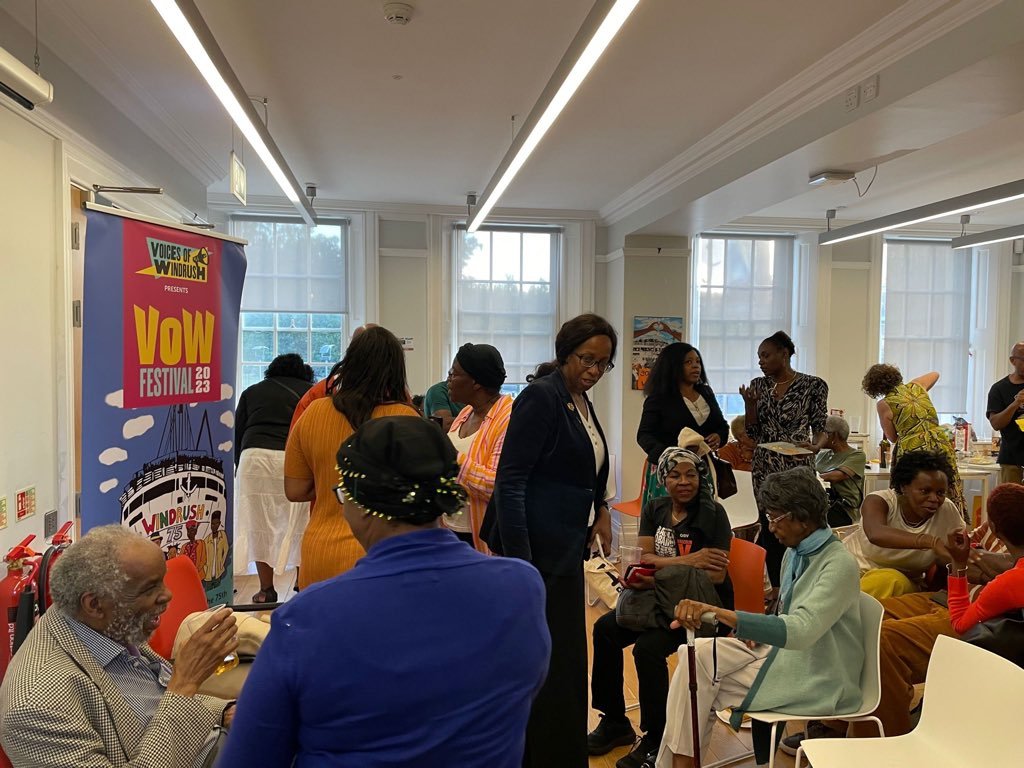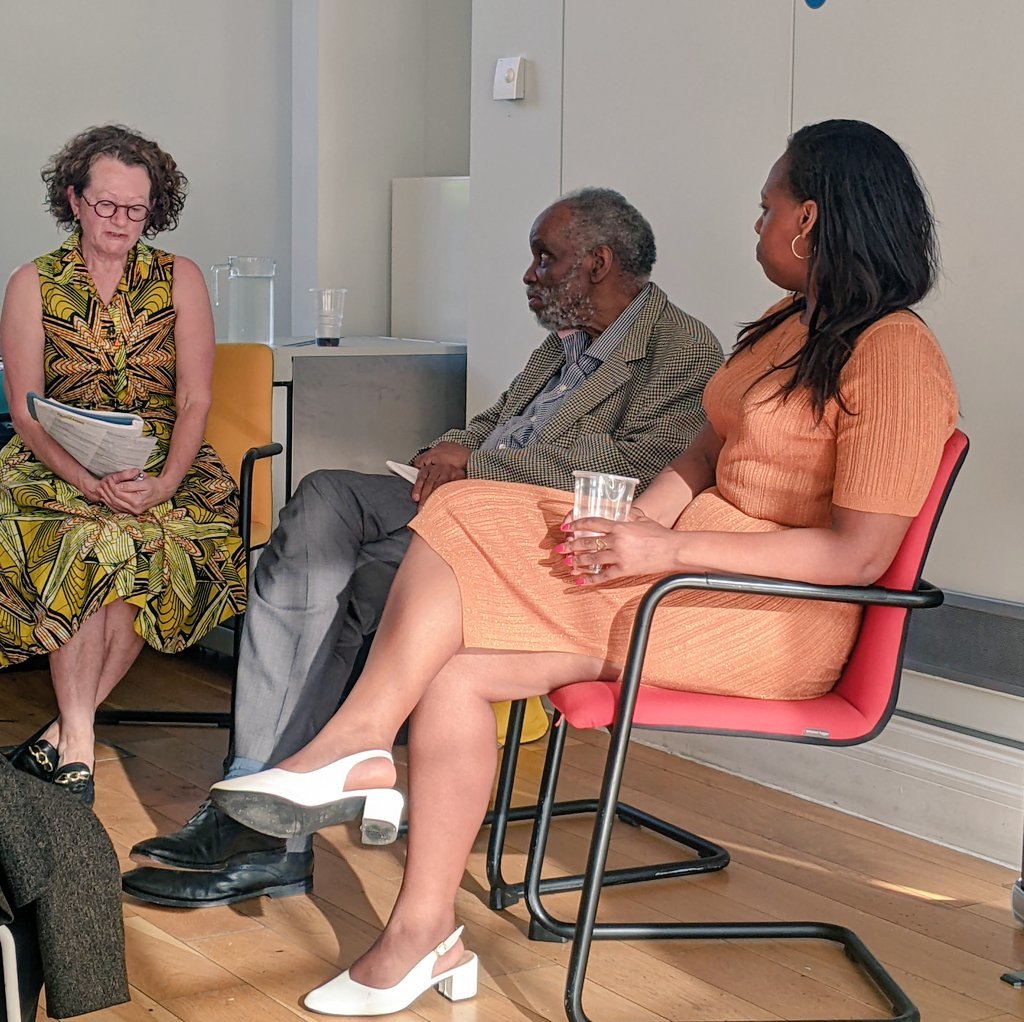Reflection of Intergenerational Health Challenges in the Black Community
Last night's VoW event with consultant psychiatrists Drs Aggrey Burke & Rebecca Amissah, generations apart, & moderated by Frances Swaine, on the intergenerational perspectives on access to health care for Black people in Britain, was an analysis of the lack of progress in Black people accessing mental health services in culturally appropriate ways. Dr Burke's career has been a lifelong experience of challenging the myths, stereotypes & caricaturing of Black people, which meant they very rarely received just and equitable access or services. He said there was always a voice in his head which said Doctors were making the wrong decisions, & he was always challenging those decisions which he described as brave but with professional & long lasting consequences.
Dr Amissah found the perspectives of an elder intriguing in that the injustices & systemic failings he described, hadn't changed over the decades. Her move into neuro psychiatry, has enabled her to examine the effect of racism in both assessments & treatments. She ismotivated by advocating for the voices which aren't heard because they may have a different dialect or form of education, & she's been pleased & keen to offer her support to people suffering trauma arising from the Windrush Scandal, which isn't being recognized enough.
Dr Burke thought things were going to remain tough for future generations, compounded by their struggle with their own identities amidst hostility. They're British but not accepted as such, but would have few remaining ties to the Caribbean, or Africa. He was concerned that there is a shortage of people like him operating in the space which needs to have people in it who understood the pain & harm being done, & thought we could learn much from the US despite problems there. He talked about the fact that Black parents have had to work in a way,often for little reward, which meant that children were sometimes left. He spoke about visiting such families on weekends & taking children to the raft of Saturday schools which sprang up to address the poor experiences faced by Black people in both the mental well being and educational systems, which impacted significantly. Often children would be put into care because of the stereotypes attached to parenting styles with much accusation of neglect, when parents were actually doing their best for their families.
Dr Amissah agreed there was a policy of wrongful labeling with damaging health consequences. The community needs resources, & the need is great. She spoke of 500 children turning up to an event at the Black E in Liverpool, with many showing signs of needing crucial support. It is disturbing to hear of slow progress for Black people accessing health/well being services. We know Black people were wrongfully repatriated for being mentally unwell and there's data on other negative outcomes, including with covid & maternity care. The crisis remains.
